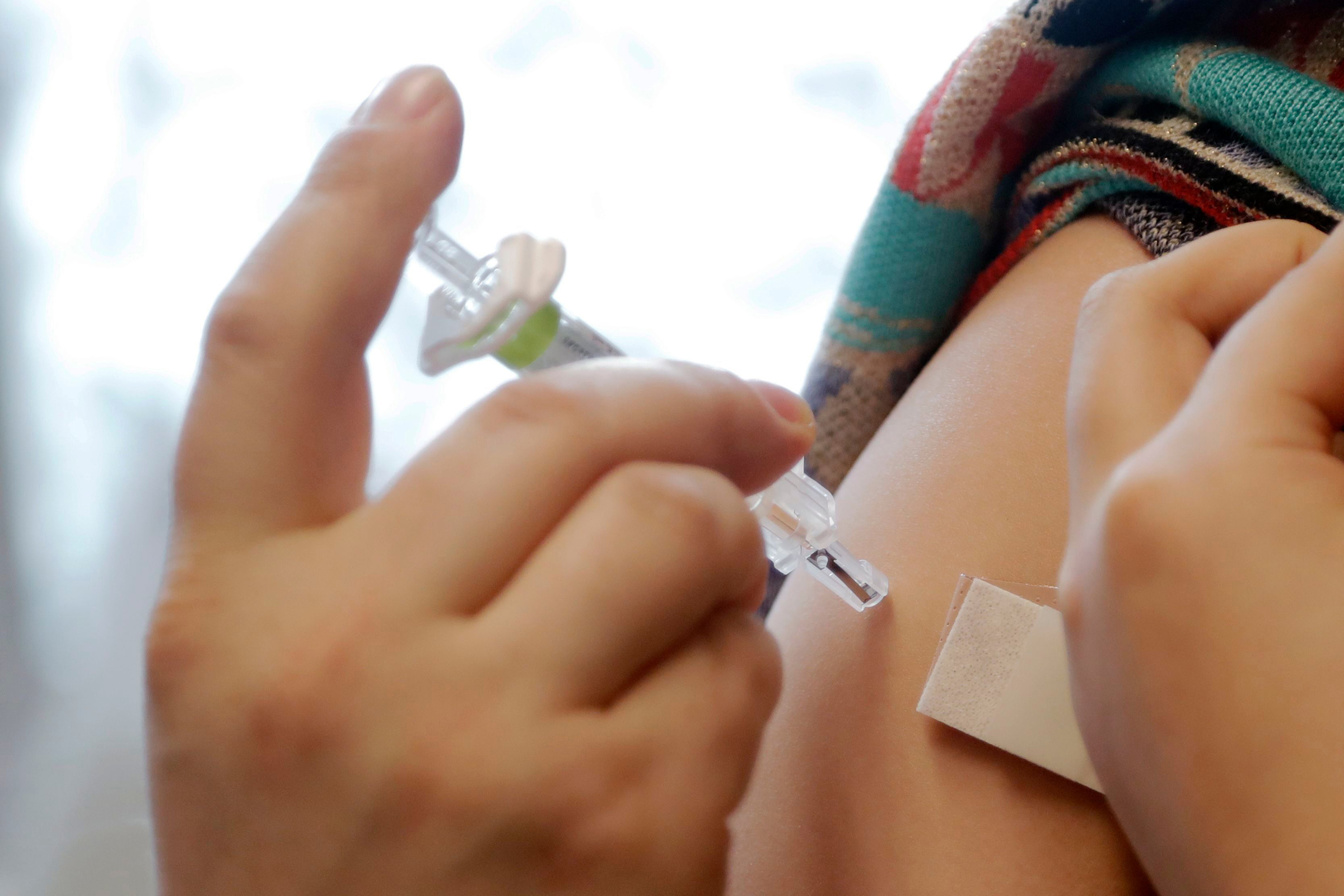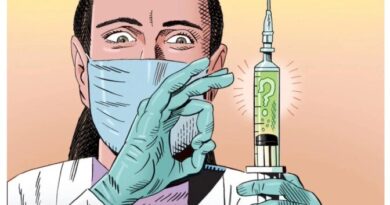New Survey Shows Increasing Number of Parents With Young Children Don’t Support Vaccination

Vaccines are crucial to preventing major childhood illnesses. This is a fact that is not in dispute within the established medical community, and one that should be universally acknowledged. And yet, according to a recent Gallup survey, support for vaccination is decreasing, particularly among parents with younger children.
According to the survey, support for vaccination has decreased 10% since 2001, from 94% of parents saying vaccination was important, to about 84%. Moreover (and perhaps more terrifyingly), 46% of the survey respondents said they were “not sure” if vaccines caused autism. While that number is significantly higher than the percentage of Americans who definitively said that vaccines do cause autism (10%), it’s still a sizable percentage considering the scientific consensus that vaccines pose far more benefits than risks, and have not been linked to autism at all. Further, while so-called Boomers have generally been blamed for spreading this misinformation, the Gallup data actually suggests that vaccine support is decreasing among young people, as the largest declines in support for vaccination were among people between the ages of 18 and 29 and those between 30 and 49, by 11 and 12 percentage points respectively, since 2001. The decline has been particularly pronounced among Americans with children under the age of 18: that number has dropped 15 percentage points since 2001, from 92% to 77%.
Granted, the survey had a little more than 1,000 respondents, so the results have a not insignificant margin of error of four percentage points. Yet the results certainly track with other data suggesting that vaccination rates are on the decline nationwide, as well as outbreaks of measles and other preventable childhood diseases that took place in regions with low vaccination rates last year, such as Orthodox Jewish communities in New York. And while the survey did not take into account what the cause of the decline was, RJ Reinhart, the analyst who authored the vaccines analysis, tells Rolling Stone that the decline in specific demographics, such as parents with young children, “can provide some insight.” “Americans who are having children now, or in the recent past, came of age as the internet” — specifically, platforms like Facebook, Twitter, and YouTube, which disseminate and amplify misinformation about vaccines — “was becoming a major source of information and had more exposure to anti-vaccine messages,” he says. To support this, he points to the fact that the smallest percentage drop among those who emphasized the importance of vaccination was among adults 65 and older, while the largest declines were among younger age groups.
In recent years, Big Tech has made a concerted public effort to fight vaccine misinformation. Last fall, Facebook unveiled a pop-up feature urging users who search vaccine-related hashtags to visit the website for the Centers for Disease Control (CDC) for unbiased, medically sound information, while YouTube has demonetized anti-vaccine videos (though they are still fairly easy to find on the platform). While Gallup data doesn’t provide any answers as to which platforms are the culprits, or where young people are primarily getting their information about vaccines, “it does provide insight into where public health educators can focus their resources. In this case, the most obvious target group would be parents with children under the age of 18, followed by those with lower levels of education and income,” who are also more likely to dispute the importance of vaccination, says Reinhart. And this would entail meeting this demographic exactly where they’re most likely to find such information: online.
If the data is any indication, such public health efforts need to happen sooner rather than later. As Reinhart says, the study found that only 84% of Americans say it is “extremely or very important” for parents to vaccinate their children. “This is below the 93% vaccination rate, which is generally accepted as the threshold for herd immunity,” he says. “This signals a potential public health emergency.”
Correction: Due to an editing error, the previous headline on this story stated that young parents, in particular, didn’t support vaccinations. It has been rewritten to clarify that it’s parents of young children whose support of vaccinations have declined.
*** This article has been archived for your research. The original version from Rolling Stone can be found here ***


